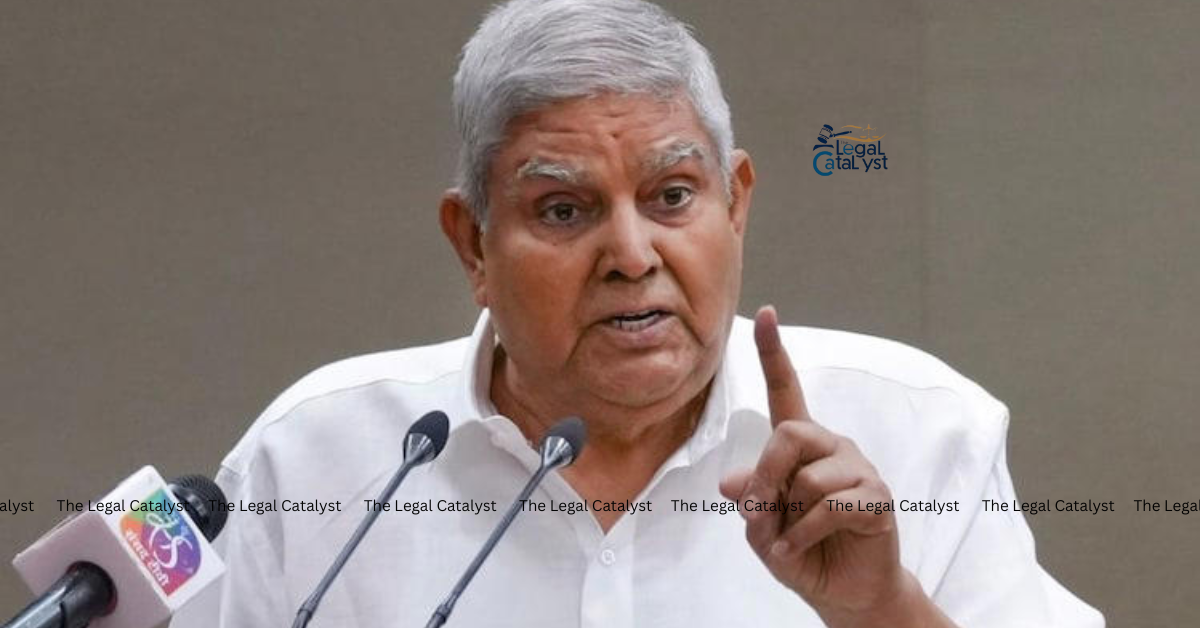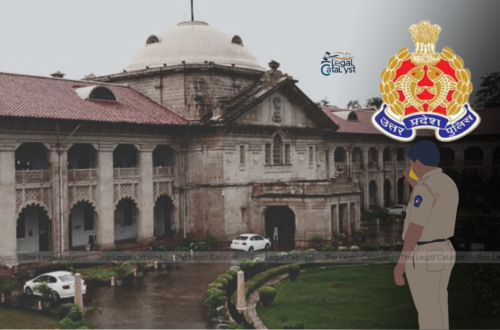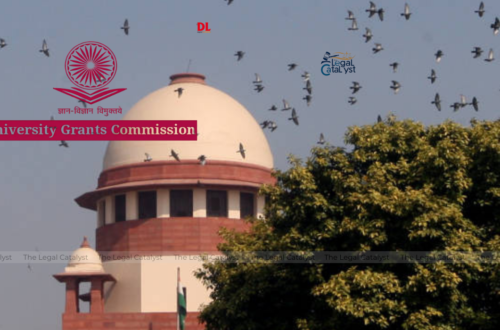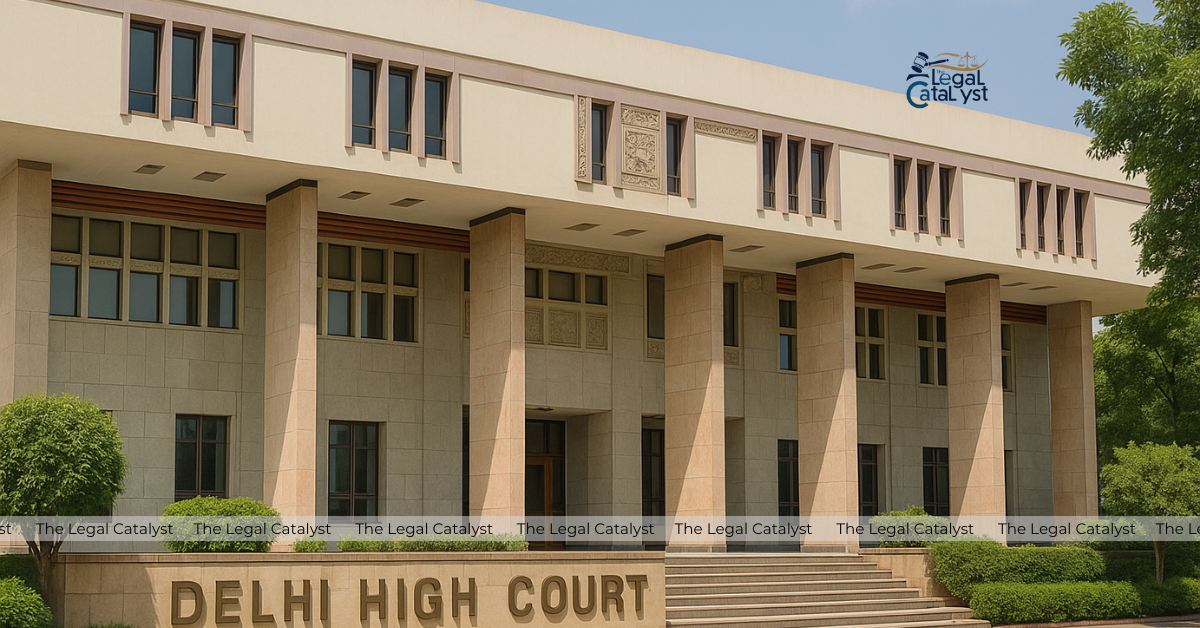Vice-President of India, Jagdeep Dhankhar, on Monday, once again voiced concerns over the judiciary’s expanding role, this time questioning the involvement of the Chief Justice of India (CJI) in the appointment process of the Director of the Central Bureau of Investigation (CBI).
While addressing students at the National University of Advanced Legal Studies (NUALS) in Kochi, Dhankhar took exception to the current procedure under the Delhi Special Police Establishment Act (DSPE Act), which, after being amended by the Lokpal and Lokayuktas Act, 2013, mandates that the CBI Director be appointed by a high-level committee comprising the Prime Minister, the Leader of Opposition, and the CJI or a judge nominated by him.
Criticising this setup, the Vice-President said:
“I am aghast that a functionary of the executive like the CBI Director is appointed with the participation of the Chief Justice of India. Why should an executive appointment be made by anyone else other than the executive? Can this happen under the Constitution? Is this happening elsewhere in the world?”
He argued that such a process contradicts the doctrine of separation of powers and undermines the authority of the elected government. Dhankhar asserted that this blurs the boundaries between the judiciary, executive, and legislature, raising serious constitutional concerns.
During the event, attended by Kerala Governor Rajendra Vishwanath Arlekar, State Law Minister P. Rajeev, Higher Education Minister Dr. R. Bindu, and NUALS Vice-Chancellor Prof. (Dr.) GB Reddy, the Vice-President encouraged students to speak out against judicial overreach.
“Use your pen,” he said, urging law students to write critically on such issues.
follow us on Instagram @thelegalcatalyst_
He also announced two student writing challenges—one on “Why We Celebrate Constitution Day on November 26: Its Origins and Significance”, and another on “Constitutional Hathya Divas (June 25, 1975): Marking the Emergency of 1975”. Dhankhar promised to host the winning students at Parliament, further incentivising engagement with constitutional values.
The Vice-President also referred to the recent controversy surrounding a judge, drawing a parallel with Shakespeare’s Julius Caesar, and remarked:
“The judiciary had its own ‘Ides of March’ on the night of March 14 and March 15, when a large amount of cash was allegedly recovered from a judge’s official residence.”
He stressed that this incident should have immediately triggered a criminal investigation, expressing dismay over the absence of an FIR. He cited a Supreme Court ruling from the 1990s, which currently bars the executive from acting in such situations, as a barrier to action. He warned that failure to act could erode public trust in the judiciary.
“The world looks at us as a mature democracy where there has to be rule of law, equality before law which means every crime must be investigated. If the money is so huge in volume, we have to find out. Is it tainted money? What is the source of this money? How was it stocked in the official residence of a judge? It belonged to whom? I do hope an FIR will be registered. We must go to the root of the matter because for democracy, it matters that our judiciary, in whom the faith is unshakable, its very foundations have been shaken,” Dhankhar said.
He was referring to the Justice Yashwant Varma cash recovery controversy, which has sparked widespread debate on accountability in the judiciary.
While reiterating his respect for judicial independence, the Vice-President also criticised the growing pattern of post-retirement appointments for judges, labelling it as a “pick and choose” system. He warned that this trend fosters patronage and risks compromising judicial impartiality.
Concluding his address, Dhankhar called on students to uphold constitutional values and play an active role in policy and nation-building.
Also Read
What to do if you get arrested?
Fast-Track Courts in India






